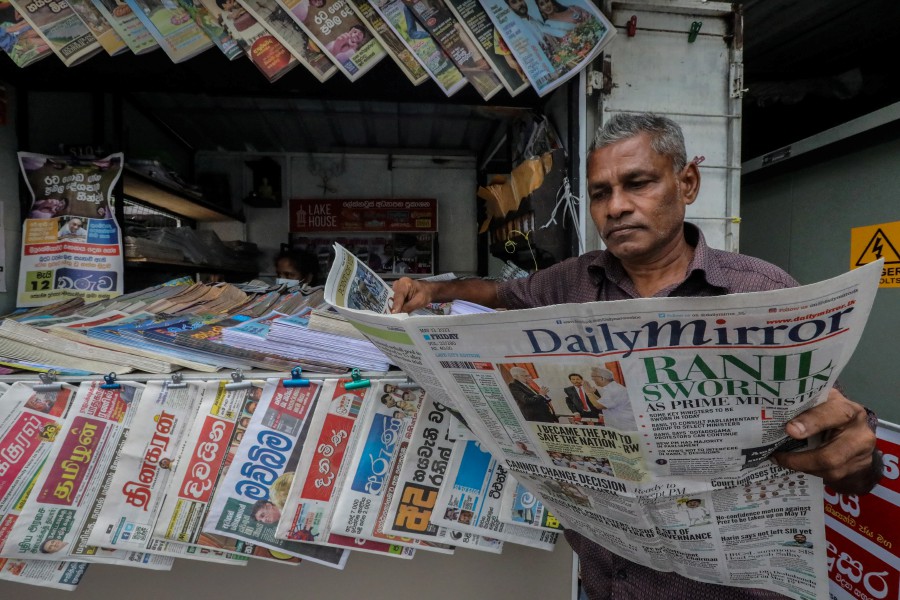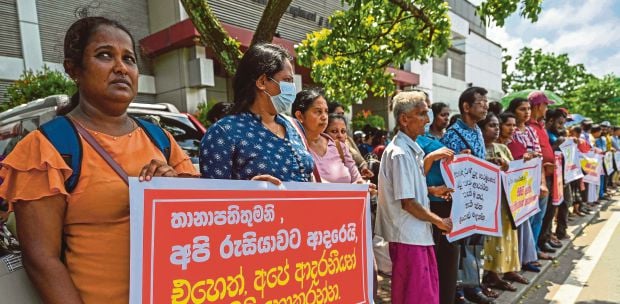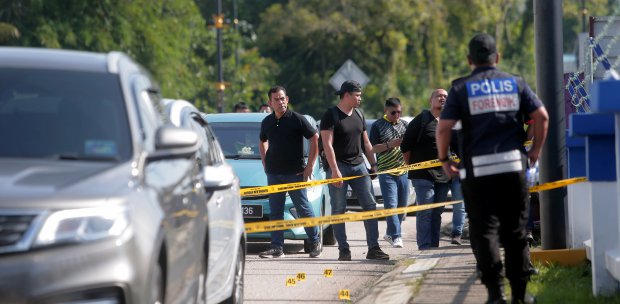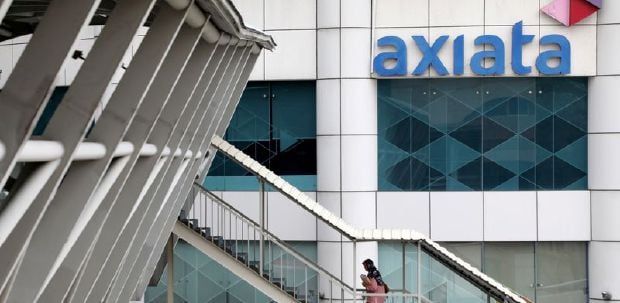IF there ever was a seeming and being nation, then Sri Lanka must be it. Rich on paper but made broke by the politics of the Rajapaksa dynasty.
According to The Economist, the country had US$9 billion in foreign reserves in 2019, but up to Saturday, it had only US$50 million, not even enough to pay for a day's import. Siblings-ruled Sri Lanka can't be anything but broke.
Gotabaya Rajapaksa is the president and until recently, his brother, Mahinda, was the prime minister. And Mahinda was the president from 2005 to 2015.
What's worse, there were Rajapaksa nephews and other blood relatives in the cabinet. Gotabaya wasn't just the president. He was the defence minister as well.
Never mind if this was against Sri Lanka's Constitution. As if not to be outdone by his brother, Mahinda took on the finance, urban development and Buddhist affairs portfolios following the family party's landslide victory in 2020.
National governance became a family business when it should never be. Disaster recipes are often made of such menus.
The lesson here, not just for South Asia but the world, is this: never put politics before people. And that is the advice for politicians.
But there is a lesson in it for voters, too. Think before you choose, for it will come back to haunt you. Like it is doing to the Sri Lankans.
The damage to Sri Lanka has been done, but the country can still be saved. Here is how. Start first with solving the country's immediate problem and then its long-term problem.
Firstly, Gotabaya has got to go. He is the principal reason for much of the mess the 22 million Sri Lankans are facing. No cabinet seat nor public office could be filled without his approval. He was no ordinary president. With a parliamentary majority behind him, he did what he wanted. And that included the country's assets and cash.
Secondly, Mahinda's replacement as prime minister is very wrong. Ranil Wickremesinghe is no new prime minister. This is the sixth time he is being one. None of them lasted the full term. If he couldn't do those things that he should have done on five previous occasions, he surely won't be able to do them now.
Wickremesinghe is said to have turned a blind eye to corruption when he was in power. And corruption is a big problem in Sri Lanka, though not the main one.
Sri Lanka's bigger problem is the Sinhala-majority politics, which needs solving in the long term. No country with the ethnic mix of Sri Lanka can pretend to rule its people like they are a homogenous lot. Sri Lankans are not.
True, the Sinhalese make up 75 per cent of the population, but there are significant 25 per cent others. Like the Tamils, Moors, Eurasians and Chinese.
The Rajapaksas ruled Sri Lanka like it was a land only meant for the Sinhalese. What was good for the Sinhalese must be good for the rest, the Rajapaksas thought.
Not so. Today, it is not even good for the Sinhalese, who have turned against the Rajapaksa family project. Dilrukshi Handunetti, a Sri Lankan journalist and lawyer, puts it best in The Wire, a news portal: "The rise and fall of Mahinda Rajapaksa contains many lessons for populists, the power-hungry, and the hawkish. It contains more lessons for the voters about the choices we make."





